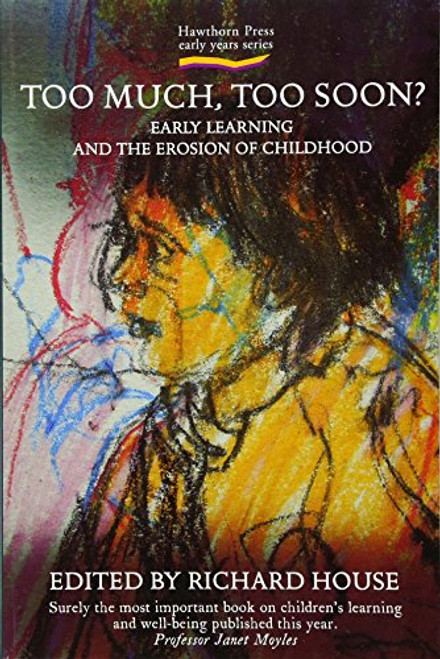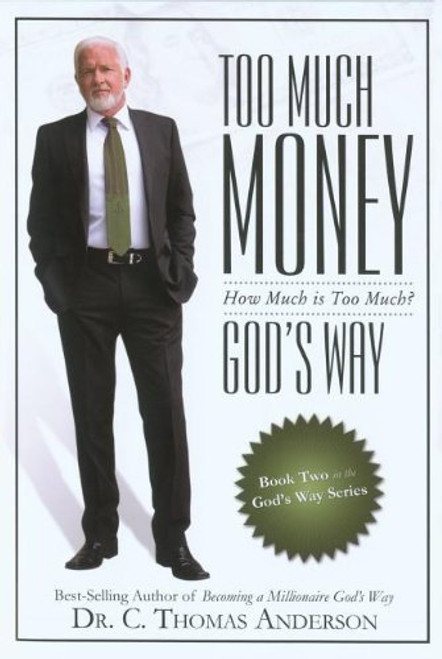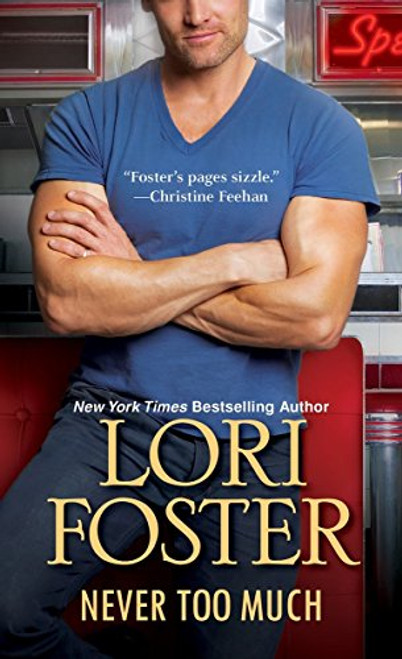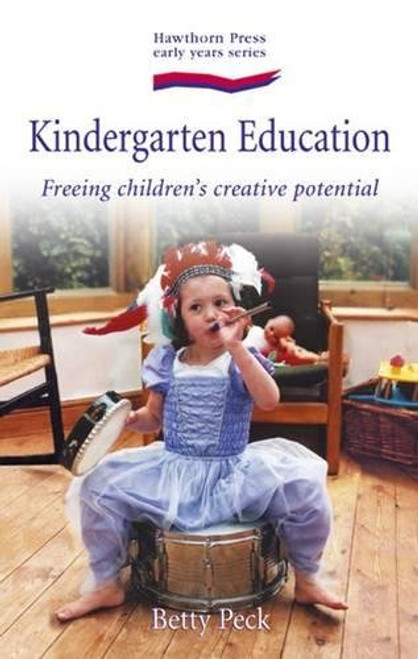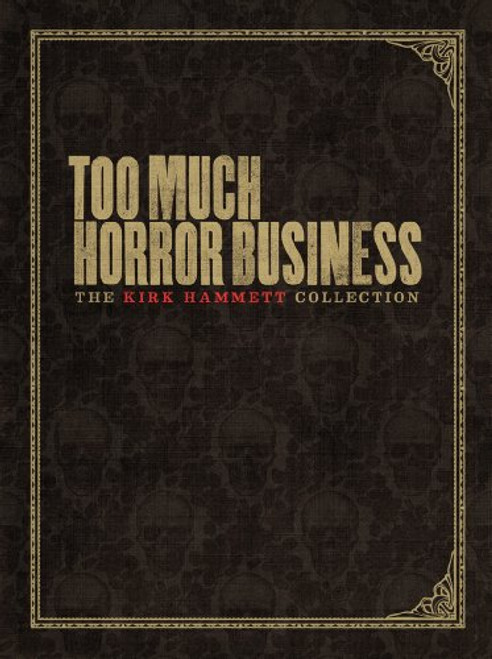Too Much, Too Soon? tackles the burning question of how to reverse the erosion of childhood by nurturing young childrens wellbeing and learning capacity. Childrens lives have been speeded up by commercialization, adultification, and government programs such as No Child Left Behind and the nappy curriculum a controversial program in the Britain that requires children to hit a series of sixty-nine targets by age fiveaspects of which schoolify early learners and push quasi-formal learning too soon.
Twenty-two hard-hitting chapters by leading educators, researchers, policy-makers, and parents advocate for alternative ways for slowing childhood, better policy-making, and, most important, the right learning at the right time in childrens growth, when they are developmentally ready.
CHAPTERS
PART I: Policy Making and the Erosion of Childhood:
The Case of the Early Years Foundation Stage1. The EYFS and the Real Foundations of Childrens Early Years Penelope Leach
2. Challenging Government Policy-making for the Early Years:
Early Open EYE Contributions Margaret Edgington, Richard House, Lynne Oldfield, and Sue Palmer
3. Against the Governments Grain: The Experience of Forging a Path to EYFS Exemption JOHN DOUGHERTY
4. The Impact of the EYES on Childminders Arthur and Pat Adams
5. A Parents Challenge to New Labours Early Years Foundation Stage Frances Laing
6. The Tickell Review of the Early Years Foundation Stage: An Open EYE dialogue The Open EYE CampaignPART II: The Foundations of Child Development and Early Learning:
Perspectives, Principles and Practices7. The Myth of Early Stimulation for Babies Sylvie Htu
8. Current Perspectives on the Early Childhood Curriculum Lilian Katz
9. Physical Foundations for Learning Sally Goddard Blythe
10. The Unfolding Self The Essence of Personality Kim Simpson
11. The Democratization of Learning Wendy Ellyatt
12. The Steiner Waldorf Foundation Stage
13. Can We Play? David Elkind
14. Play Transforming Thinking Tricia David
15. Challenging the Reggio Emilia Approach with Relational Materialist Thinking and an Ethics of Potentialities Hillevi Lenz TaguchiPart III: Advocacy, Research and Policy Making
for Childrens Early Years Learning16. If I Wanted My Child to Learn to Read and Write, I Wouldnt Start from Here Sue Palmer
17. Viewing the Long-Term Effects of Early Reading with an Open Eye Sebastian Suggate
18. Early Childhood Research and its Political Usage: Some Cautionary Remarks Richard House
19. Does Not Compute, Revisited: Screen Technology in Early Years Education Aric Sigman
20. An Inveterate Early Childhood Campaigner Margaret Edgington interviewed by Richard HousePart IV: Ways Ahead to Achievable Futures
21. Education and Paradigm Shift Grethe Hooper Hansen
22. Early Childhood: A Policy-Making Perspective Barry Sheerman
Towards the Future: Implications and Recommendations for Educationalists and Policy-makers Wendy Scott and Richard House
AFTERWORD Richard Brinton and Gabriel Millar
